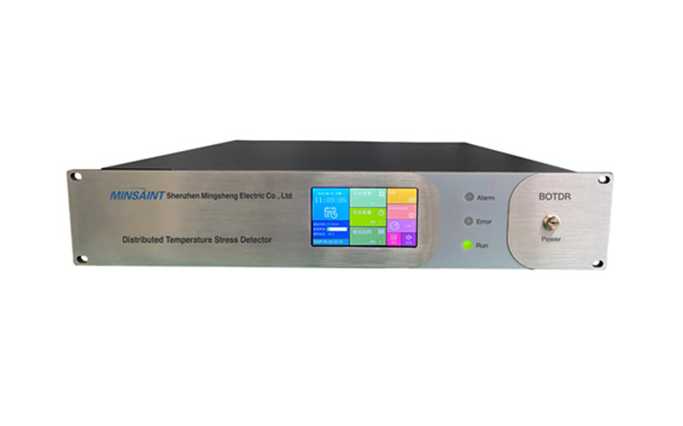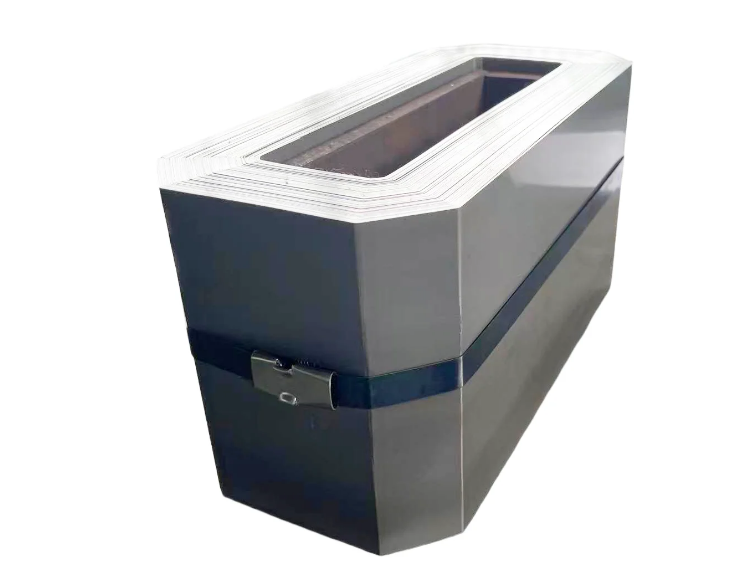When it comes to woodworking, the choice of tools can significantly influence the quality of the final product. Among the myriad of tools available, two stand out for their versatility and precision: the shaper and the router. Both tools serve similar purposes but have distinct characteristics that make them suitable for different applications. In this article, we will delve into the nuances of each tool, comparing their functionalities, advantages, and ideal use cases to answer the question: Is a shaper better than a router?
Understanding the Basics: Shapers and Routers
Shapers are stationary machines that utilize a single-point cutting tool to shape wood and other materials. They operate on a horizontal or vertical axis, allowing for intricate designs and profiles. Shapers are primarily used for producing consistent, repeatable cuts and are often favored in industrial settings due to their robustness and precision.
Routers, on the other hand, are handheld or table-mounted tools that use a rotating bit to hollow out an area in the material. They are incredibly versatile and can perform a wide range of tasks, from edge profiling to creating intricate designs in wood. Routers are more common in home workshops due to their portability and ease of use.
Precision and Consistency: The Shaper Advantage
One of the primary advantages of a shaper is its ability to produce highly precise and consistent cuts. The fixed nature of the shaper allows for greater control over the cutting process, making it ideal for repetitive tasks such as molding and shaping. The use of templates and jigs can further enhance the accuracy of the cuts, ensuring that each piece produced is identical.
In contrast, while routers can achieve a high level of precision, they require a skilled operator to maintain consistency, especially in complex cuts. The handheld nature of routers can introduce variability, making it challenging to replicate intricate designs without extensive practice.
Versatility and Portability: The Router’s Edge
When it comes to versatility, routers take the lead. They can perform a wide array of functions, including edge shaping, grooving, and even joinery. The availability of various bits allows woodworkers to tackle different projects with ease. Additionally, routers can be used in both handheld and fixed configurations, providing flexibility in how they are employed.
The portability of routers makes them an attractive option for hobbyists and professionals alike. They can be easily transported to job sites or moved around the workshop, allowing for greater adaptability in various woodworking scenarios. This is particularly beneficial for projects that require on-site adjustments or modifications.
Cost Considerations: Investment vs. Affordability
From a financial perspective, routers are generally more affordable than shapers. A quality router can be purchased at a fraction of the cost of a shaper, making it an accessible option for beginners and casual woodworkers. However, shapers, while more expensive, offer durability and longevity that can justify the investment for professional woodworkers who require precision and consistency in their work.
Ideal Use Cases: When to Choose Each Tool
Choosing between a shaper and a router ultimately depends on the specific needs of the project at hand.
- When to Use a Shaper: If your work involves high-volume production of identical pieces, such as cabinetry or furniture components, a shaper is the better choice. Its ability to produce consistent cuts with minimal variation makes it ideal for industrial applications where precision is paramount.
- When to Use a Router: For one-off projects, intricate designs, or when working with a variety of materials, a router is more suitable. Its versatility allows woodworkers to experiment with different techniques and styles without the need for specialized equipment.
Conclusion: The Right Tool for the Job
In conclusion, whether a shaper is better than a router depends largely on the context of use. For precision and consistency in high-volume production, shapers are unparalleled. However, for versatility, portability, and a broader range of applications, routers are the go-to tool for many woodworkers. Understanding the strengths and limitations of each tool will empower you to make informed decisions that enhance your woodworking projects, ensuring that you achieve the best possible results every time.





